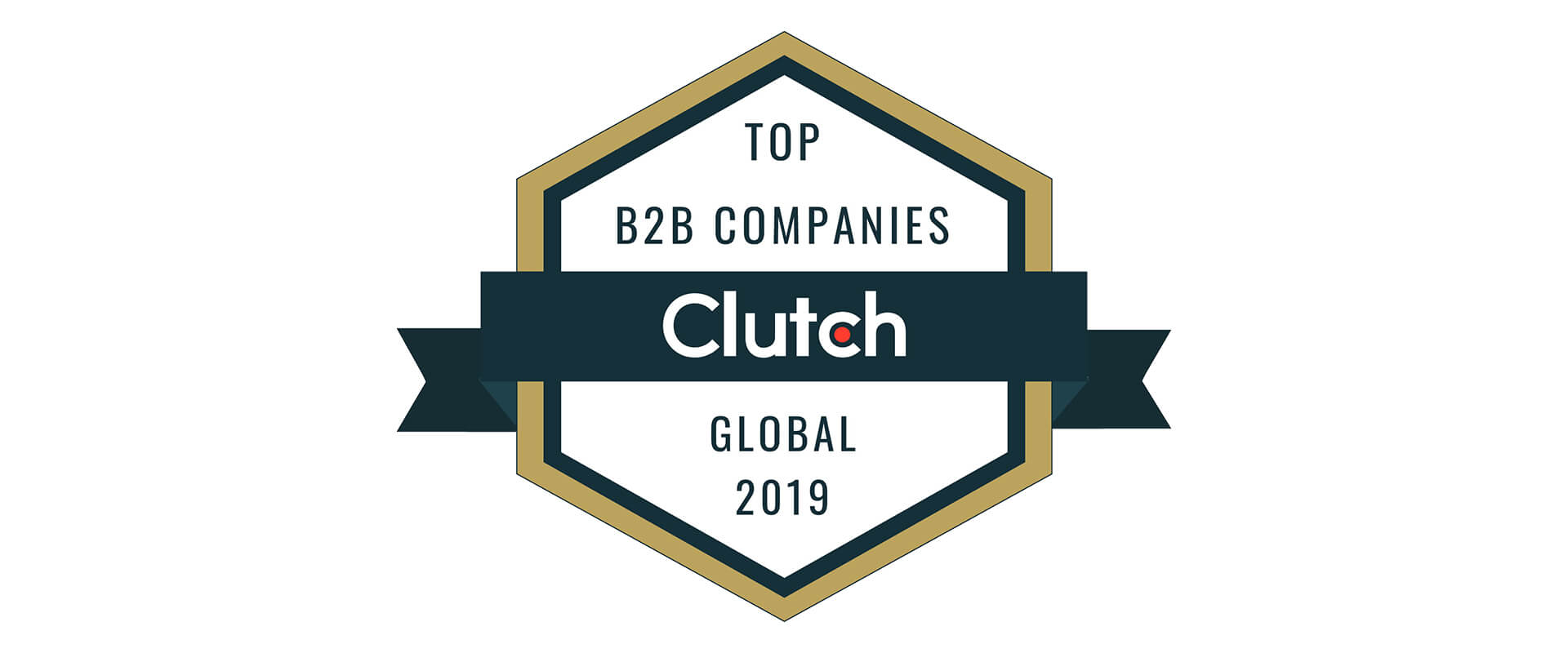
Why to Choose Laravel PHP Framework for Web Development
Starting your web development project on PHP, you might stumble upon so many PHP platforms that you might get confused which one to opt because they do not seem to be consistent. The spadework is always an uninteresting work, but it has to be done as preparation before you can proceed with something enjoyable. Being a web developer, you may have already spotted this Laravel framework. If not, turn the page and go on reading this blog post. If you have already chalked out the strategy for conducting a campaign with this framework, this blog will confirm your decision and deepen your knowledge and understanding of a subject.
I hope you’ll get a buzz out of it. Laravel is an open source PHP framework that constitutes all necessary structures, functionalities and features with effectively conveying, elegant syntax making web development easy and fast to execute and this way helping developers write testable and reusable codes. A framework is a pledge of quality, productivity, reliability, availability and maintainability of delivered applications, that are also cheap, economic for a community. It has gained ground on reliability and great deal of support gleam in the developer’s eye. Let’s check why we should choose to wander the world with Laravel and how it can boost website development productivity.
Most PHP developers have adjusted Laravel due to its processing capabilities to handle complex web development projects creating large web applications with code maintainability. According to Google trends, Laravel is the most promising player among other PHP frameworks.
Laravel has lightweight templates which you can use to set out amazing layouts and settings with dynamic content seeding density. The main body integrates many widgets having JS and CSS codes with solid structures. The templates of these frameworks are simple enough for anyone to use or implement them in webpage layouts providing different sections.
It also has a modular structure and interfaces, an extensible code through a package manager and outstandingly robust support, and all them mediate access to databases. Laravel is formed on more than 20 various libraries and is subdivided into individual modules. It has developed modern PHP principles, which enable developers to build modular componentry, responsive and user-friendly systems.
It sticks to the MVC pattern, paving the way for the transparency between the path of logic and presentation, and managing all current needs such as event service and user authentication. This structure improves the performance, allows better program documentation, and has multiple predefined functions.
It supports many development environments and adjusts its exposure settings denoted by an appropriate platform where app is running. All this can be done by means of incorporated authorized program libraries. These Laravel libraries are supported by the source code autocomplete feature, which could not be found in other PHP frameworks. Laravel is bound up with databases and running queries connection extremely simply by a variety of objects, oriented database backends with either performing raw SQL or the fluent query builder and the Eloquent ORM. Laravel uses such database systems as MySQL, Postgres, SQLite, SQL Server.
Laravel features a fast and efficient routing system intended to connect the parts of our application with reference to the routes entered in an Internet browser. The apps will be provided with Middleware to process analyzing and ingress and egress HTTP filtering request on your server. You can quickly install it right out of the box to authenticate registered user and to avoid possible problems such as Cross-Site-Scripting and other continually updated and improved safety measures. Your applications will have a powerful cache system so that you could configure settings to make your application load faster, getting the best of both worlds for user’s experience.

Laravel allows to quarterback the option of pulling complex and drawn-out processes in the background using to do list. It allows us to work with asynchronously initiated processes that are not required to continue the user’s navigation. Paging is easy to deal with using Laravel because it produces a range of links maintained depending on the current page in the user’s browser. They dismiss developers from spending their time on the details that set your website and business entities apart from any other community eliminating time that would otherwise be spent developing more basic mosaic elements of website functionality. Laravel framework facilitates agile software development that is faster quality function deployment and more lightly armoured maintenance than other panacea solutions. So stay in touch with the best object oriented PHP framework for your next project and look forward to getting some extra performance capability for future upgrades in functionality.



